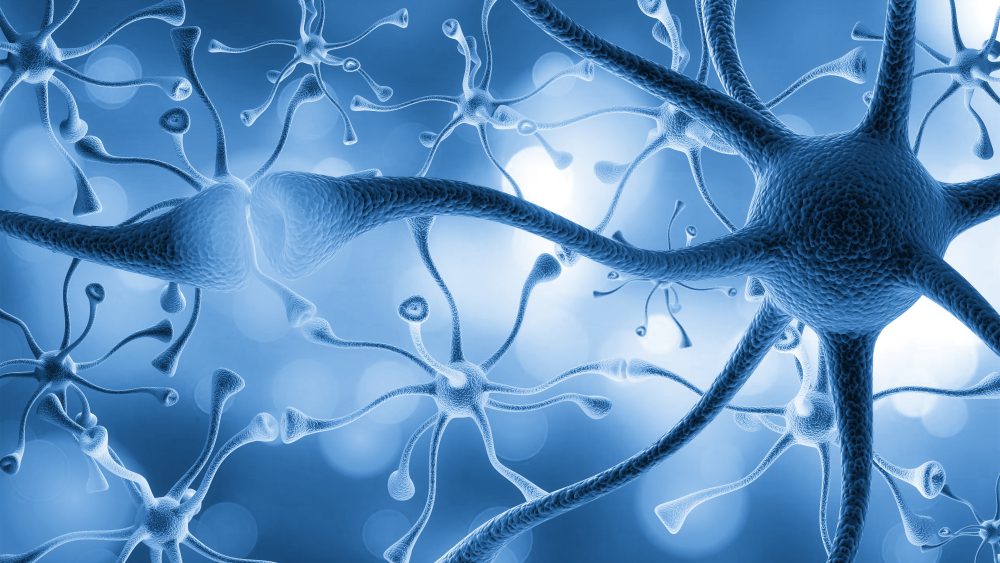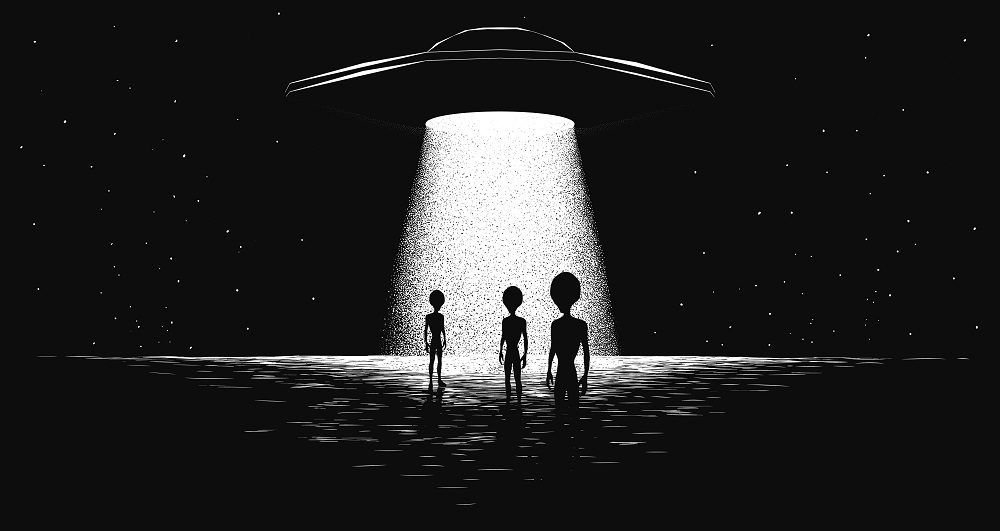These are the best brain facts you’ll ever read!
There is no doubt that our brain is the pinnacle of our bodies. Together with the heart, liver, and lungs, the brain is a “component” we can’t function properly without. Now, the interesting part is to discover how it works and why it is so complex. Funny, but not even scientists and doctors can completely understand its mechanism.
In today’s article, we will go through quite a list of brain facts you may not know about yet. Take a piece of paper and a pen, because these are some things you’ll want to tell your grandkids about.

There are 100 billion neurons in our brain, and the same number of stars are in the Milky Way
Wow, that’s a lot, you may say. Well, there are synapses connecting each of these neurons to hundreds or thousands of others. These relationships are flexible and can shift as we gain experience, which helps us grow.
Multitasking? There is no such thing!
Contrary to popular belief, according to scientists, the human brain can’t allow individuals to multitask. But what happens exactly when we think we’re “multitasking?”In reality, we are context-switching while we believe we are multitasking. That is, instead of doing many activities at once, we are bouncing back and forth between them quickly.
Numerous studies indicate that you double your task completion time, and your error rate increases by 50%. So, next time you’re trying to do multiple things at once, decide which is more important and focus on one only. It might be easier to get stuff done without mixing them up.
Cholesterol is key to learning and memory
One of the most interesting brain facts is that good cholesterol is the key to a healthy brain and a good memory. Our brain has the highest amount of cholesterol (25%) of any other organ in the body.
The brain has a unique metabolism of cholesterol while being heavily dependent on it. It has to make its cholesterol since brain cells cannot absorb cholesterol from the blood due to the blood-brain barrier. The cholesterol in the brain is far more stable than that in other organs, yet when it degrades, the brain itself recycles the broken-down cholesterol back into new forms.
The brain can’t feel pain
When we talk about brain facts that everybody must know about, we can’t forget to include one of the most important ones: our brain alone can’t feel any pain. That’s why doctors can perform brain surgeries on patients while they’re conscious. The brain has no pain receptors directly, although it is coated in several layers and blood vessels that do.
Humans only use 10% of their brain; it’s just a myth
…because we use most of our brains most of the time! This misperception is based on the brain’s remarkable adaptability, which occasionally results in little injury, causing only modest issues. However, the truth is that our brains are always in motion—thinking, sensing, and even dreaming! Your brain is active even when you believe yourself to be sleeping soundly. Good or terrible, you’ll know when you recollect your dreams and wake up.
If all these brain facts are interesting and new to your knowledge and you’re up to find out even more scientific facts about how our brains work, we suggest you check out this book called How My Brain Works: A Guide to Understanding It Better and Keeping It Healthy, which is available on Amazon for the amazing price of $8.31 for the paperback version.
The brain’s visual areas are in the back
Since our eyes are located at the front of our skulls, this will seem quite contradictory, don’t you think? One of the most surprising brain facts that scientists have found is that the occipital lobe, which is located in the rear of the brain, controls vision.
Don’t experiment with this at home, but if you slap somebody on the back of their head, they will see flying stars like Tom the cat used to see after Spike beat him up. Who knew that some funny cartoons could reflect reality that much?
Our brain produces the amount of electricity needed to power a light bulb
This is definitely one of the brain facts worth keeping in mind! Stanford University computer experts estimate that a robot with a processor almost as sophisticated as the human brain would require at least 10 megawatts of power to operate.
The brain’s neurons indeed produce enough energy to light a lightbulb—roughly 100 billion of them do. Furthermore, the world’s fastest computer cannot match the speed at which the human brain functions.
75% of the brain is water
So, that means even the slightest dehydration can have a very negative effect on our body! The human body can live for more than five days in a row without food, but without water, we can only survive for three to four days.
Memory and focus can be drastically disrupted by dehydration, electrolyte deficiency, and the loss of sodium. Maintaining enough hydration is important to avoid any loss of bodily or mental function.
Human brains are getting smaller after 40 years old
This is probably one of the least-known brain facts on the list! While everybody knows that wisdom comes with age, we tend to forget one small, important detail: midlife is when the brain starts to shrink. But that doesn’t mean we get slower at thinking or anything else. In fact, there is no proof that a bigger brain is any smarter than one that is smaller.
The human brain continues to grow until one is in their late 40s, and it is the only organ in the human body that has undergone such prolonged development.

The term brain freeze is actually true!
Your brain detects a change in temperature on the inside of your mouth and reacts quickly to prevent you from freezing to death. “Sphenopalatine ganglion neuralgia” is the medical term for this condition, which is your brain’s way of telling you to slow down to avoid unintentional temperature fluctuations.
So, next time you’re up to having a super-icy drink on a summer day, you may want to slow it down a bit and let it warm for quite a few minutes.
After a night of alcoholic beverages, your brain needs around two weeks to fully recover
Last but not least, one of the most important brain facts on the list is about how bad alcohol can affect our thinking. Drinking alcohol may affect your brain in several ways, such as slurred speech, shaky walking, and clouded vision.
In most cases, these go away as soon as you start drinking again. On the other hand, research suggests that prolonged heavy drinking may have a lasting effect on your brain that does not go away after you sober up. Long-term consequences include some diminished cognitive function and memory problems.
Which of these brain facts shocked you the most? Tell us in the comments.
Hey, science lover, if you’re up for more interesting articles, hit that subscribe button and let us take care of this! Meanwhile, before leaving the page, don’t forget to check out 9 reasons why black holes are probably one of the scariest things in the universe.















One Response
Very interesting!